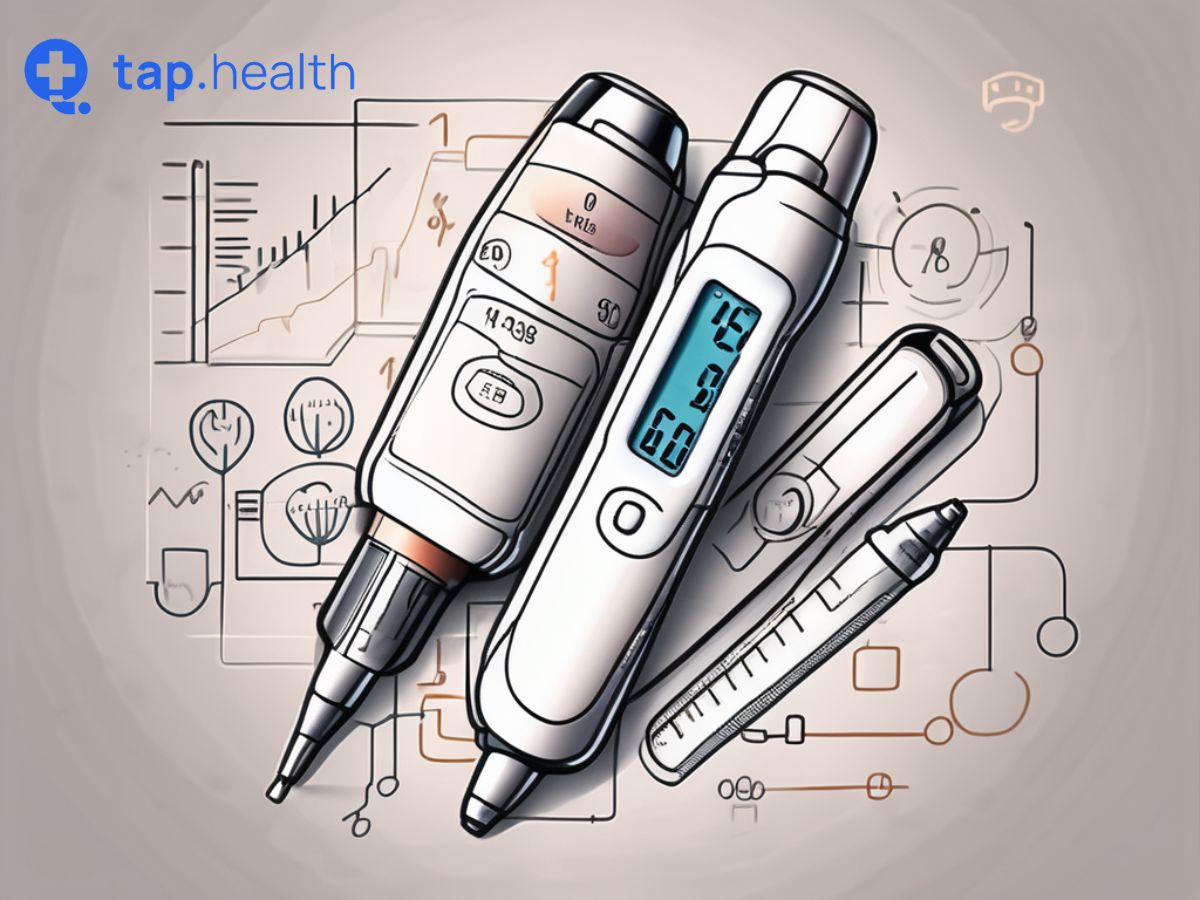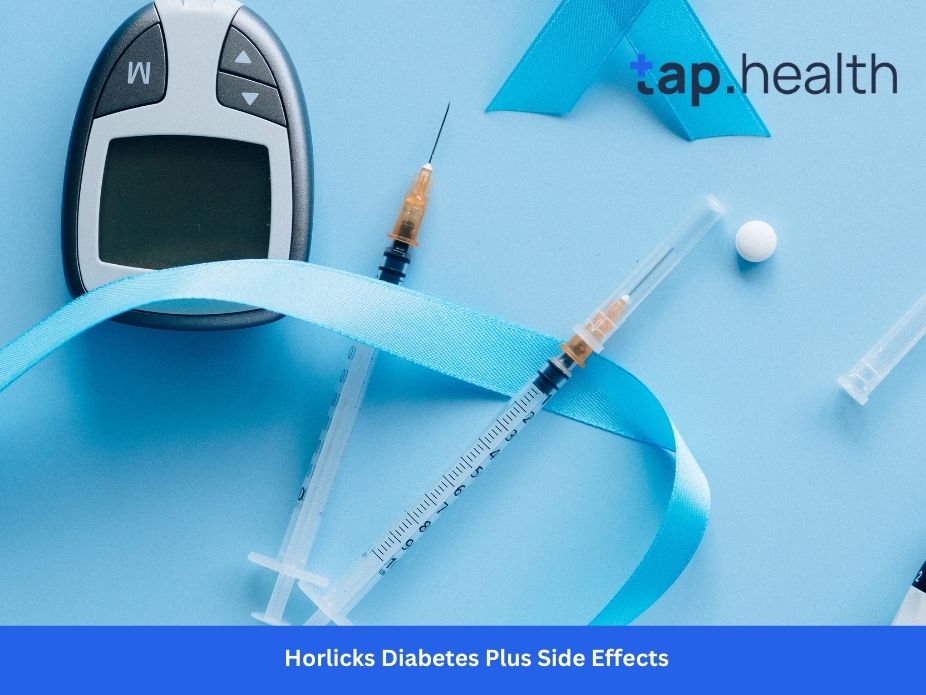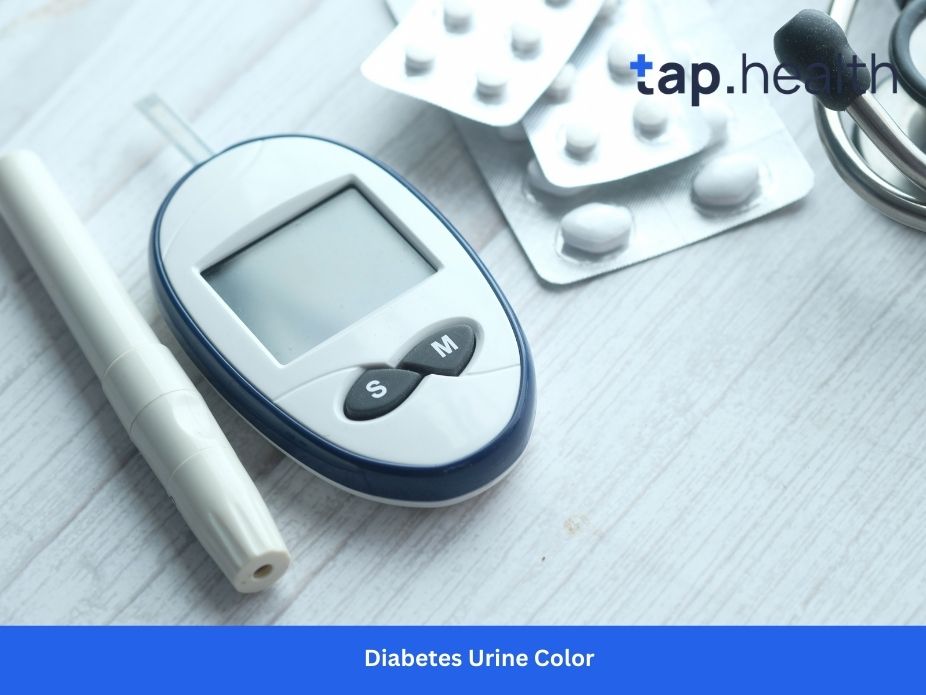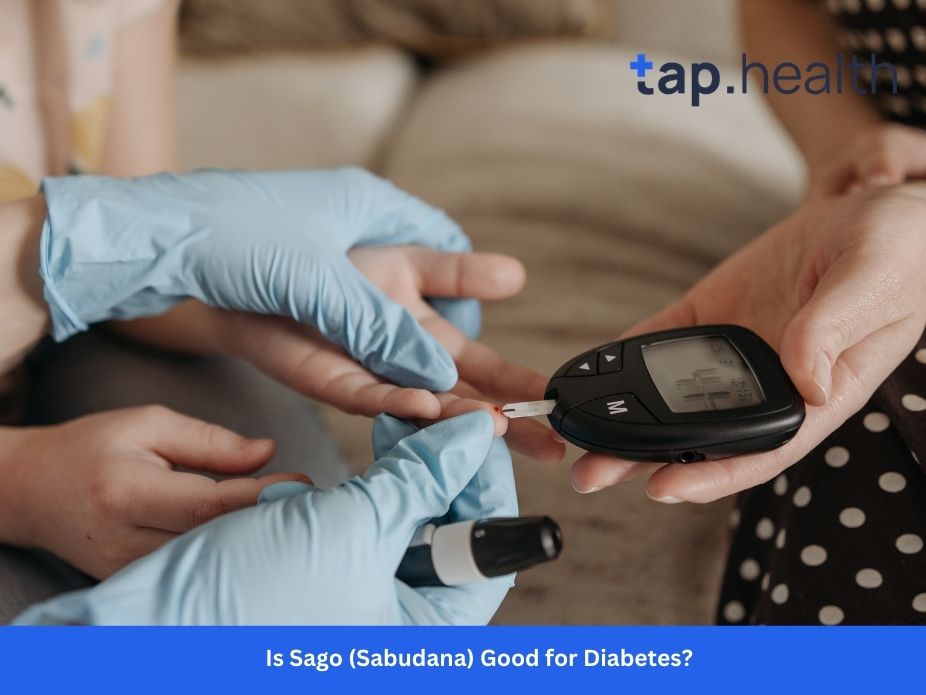In recent decades, the prevalence of type 2 diabetes has been on a steady rise. With this increase, the management of diabetes has become a crucial aspect of healthcare. Among the various treatment options available, insulin therapy remains an essential tool for controlling blood sugar levels in individuals with type 2 diabetes. However, determining the appropriate dosage of insulin can be challenging. In this article, we will explore the factors influencing insulin dosage, the importance of monitoring blood sugar levels, the potential side effects of insulin therapy, managing insulin resistance, and provide answers to frequently asked questions related to calculating insulin dosages.
Understanding Insulin Therapy for Type 2 Diabetes
Insulin therapy involves administering exogenous insulin to supplement or replace the insulin produced by the body. While type 2 diabetes is commonly associated with impaired insulin secretion and insulin resistance, introducing exogenous insulin can help regulate blood sugar levels and prevent complications. The type of insulin prescribed may vary based on individual needs, and dosage adjustments may be required over time.
It is important to note that insulin therapy is not always the initial treatment choice for type 2 diabetes. Lifestyle modifications, oral medications, and non-insulin injectables are typically recommended first, and insulin therapy may be initiated when other treatment options fail to provide adequate glycemic control.
A healthcare provider will determine the appropriate insulin dosage based on various factors, including blood sugar levels, body weight, individual response to insulin, lifestyle, and coexisting medical conditions. The dosage may be adjusted periodically to achieve and maintain optimal glycemic control.
Furthermore, it is crucial for individuals undergoing insulin therapy to monitor their blood sugar levels regularly. This monitoring helps in assessing the effectiveness of the insulin regimen, making necessary adjustments, and identifying patterns that may require modifications in treatment. Consistent monitoring also plays a significant role in preventing hypoglycemia (low blood sugar) or hyperglycemia (high blood sugar) episodes.
In addition to monitoring blood sugar levels, individuals on insulin therapy should be aware of the potential side effects associated with this treatment. Common side effects may include weight gain, hypoglycemia, injection site reactions, and in some cases, allergic reactions. Patients need to communicate any unusual symptoms or concerns to their healthcare provider promptly.
Factors Influencing Insulin Dosage in Type 2 Diabetes
Managing insulin dosage in type 2 diabetes is a personalized process influenced by multiple factors. Understanding these can help optimize blood sugar control and minimize risks.
1. Insulin Sensitivity
Individuals vary in how their bodies respond to insulin. Those with higher insulin resistance often require larger doses to reach target blood glucose levels, while more insulin-sensitive individuals need less.
2. Body Weight and Composition
Adipose (fat) tissue affects how insulin is absorbed and utilized. Higher body weight generally means increased insulin requirements. Changes in weight over time also necessitate dosage adjustments to maintain effective control.
3. Age
Older adults may metabolize insulin differently and are at greater risk of hypoglycemia. Therefore, they often need lower insulin doses compared to younger individuals.
4. Physical Activity
Regular exercise improves insulin sensitivity, meaning active individuals may require less insulin. Changes in activity levels can lead to fluctuations in insulin needs.
5. Concomitant Medications
Some medications can affect blood sugar levels and insulin effectiveness, leading to adjustments in insulin dosage. It’s important to inform your healthcare provider about all medicines you take.
6. Dietary Habits
Carbohydrate intake directly influences insulin needs. High-carb meals typically require more insulin to manage blood sugar spikes after eating. Diets rich in fiber and protein can help stabilize glucose levels, possibly reducing insulin requirements.
7. Stress and Emotional Health
Stress hormones such as cortisol increase blood sugar, which may necessitate higher insulin doses during stressful periods. Mental health conditions like depression can also affect how consistently a person manages their insulin therapy, impacting dosage stability.
Importance of Monitoring Blood Sugar Levels
Regular monitoring of blood sugar levels is crucial in determining the appropriate insulin dosage for type 2 diabetes management. By tracking blood glucose readings throughout the day, individuals and healthcare providers can identify patterns, evaluate the effectiveness of the current treatment plan, and make informed decisions regarding insulin dosage adjustments.
Self-monitoring at home using a glucometer allows individuals to have a better understanding of their blood sugar levels and make necessary modifications to their lifestyle or treatment regimen accordingly. The frequency of monitoring may vary depending on individual circumstances, but daily monitoring is generally recommended.
Moreover, consistent monitoring can help individuals recognize how their blood sugar levels respond to different foods, physical activity, stress, and medication. This information is invaluable in creating a personalized diabetes management plan that optimizes blood sugar control and overall health. It also empowers individuals to take an active role in their healthcare and fosters a sense of accountability in managing their condition.
Additionally, monitoring blood sugar levels can aid in early detection of potential complications related to diabetes, such as hypoglycemia or hyperglycemia. By regularly tracking these levels, individuals can proactively address any fluctuations and prevent more serious health issues from arising. This proactive approach not only improves quality of life but also reduces the risk of long-term complications associated with uncontrolled blood sugar levels.
Potential Side Effects of Insulin Therapy
As with any medication, insulin therapy may be associated with potential side effects. However, it is important to note that the benefits of achieving optimal glycemic control often outweigh the risks. The following side effects may occur, but their likelihood and severity vary among individuals:
It is crucial for individuals undergoing insulin therapy to be aware of the potential side effects that may arise. While these effects can vary in severity, understanding and recognizing them can help in managing and mitigating their impact on daily life.
1. Hypoglycemia
Insulin therapy can lower blood sugar levels, potentially leading to hypoglycemic events. Symptoms may include shakiness, sweating, dizziness, confusion, and in severe cases, loss of consciousness.
2. Weight gain
Insulin can promote weight gain, particularly if the insulin dosage exceeds the individual’s requirements.
3. Injection site reactions
Some individuals may experience redness, swelling, or itching at the injection site. Proper injection technique, site rotation, and appropriate needle length can help minimize these reactions.
4. Allergic reactions
While rare, some individuals may develop allergic reactions to insulin, such as skin rashes, hives, or difficulty breathing. Immediate medical attention should be sought if such reactions occur.
Aside from the common side effects mentioned, there are other factors to consider when undergoing insulin therapy. Individuals need to monitor their blood sugar levels regularly to ensure they are within the target range. Additionally, maintaining a healthy lifestyle through proper nutrition and regular exercise can complement insulin therapy and improve overall well-being.
Managing Insulin Resistance in Type 2 Diabetes
Insulin resistance is a common characteristic of type 2 diabetes and may require higher doses of insulin to achieve glycemic control. However, managing insulin resistance involves more than simply increasing insulin dosage. Lifestyle modifications, such as adopting a healthy diet, regular exercise, weight management, and adequate sleep, can all play a significant role in enhancing insulin sensitivity and reducing the insulin dosage required.
Furthermore, some medications, such as metformin, are commonly prescribed to improve insulin sensitivity and reduce insulin resistance. These medications can complement insulin therapy and facilitate better glycemic control.
It is important to note that managing insulin resistance in type 2 diabetes is a multifaceted approach that requires a combination of interventions. In addition to lifestyle modifications and medications, regular monitoring of blood glucose levels and consultation with healthcare providers are essential components of effective management.
Moreover, staying informed about the latest research and advancements in the field of diabetes management can help individuals make informed decisions about their treatment plan. Engaging in ongoing education and support programs can empower individuals with type 2 diabetes to take an active role in their health and well-being.
Real-Life Scenario
For example, a 70 kg adult newly diagnosed with Type 2 diabetes might begin with a basal insulin dose of around 7–14 units once daily. Over time, the dose is adjusted based on fasting glucose readings and HbA1c results.
Many patients may eventually need a combination of basal and mealtime insulin to maintain target glucose levels, especially if lifestyle measures and oral agents are insufficient.
Expert Contribution
According to endocrinologists and diabetes specialists, the key to successful insulin therapy is individualization — no single “average dose” works for everyone.
Experts emphasize frequent glucose monitoring and gradual dose titration under medical supervision to minimize the risk of hypoglycemia and achieve optimal glycemic control.
Recommendations Grounded in Proven Research and Facts
-
Start with a low dose and adjust every 3–7 days based on fasting and post-meal glucose levels.
-
Combine insulin therapy with dietary management, regular physical activity, and oral medications when appropriate.
-
Always follow a healthcare provider’s guidance — insulin needs change over time due to factors like weight, age, and other health conditions.
-
Clinical studies show that early insulin optimization can reduce long-term diabetes complications and improve overall quality of life.
FAQs on What Is The Average Dose Of Insulin For Type 2 Diabetes?
1. Can insulin dosage be determined without professional guidance?
It is not recommended to determine insulin dosages without the guidance of a healthcare professional. Insulin therapy requires careful assessment and periodic adjustments based on individual needs and response.
2. Why can’t the same insulin dosage work for everyone?
Insulin requirements can vary significantly among individuals due to factors such as insulin resistance, body weight, age, and physiological differences. Individualized treatment is essential for optimal glycemic control.
3. Is it normal for insulin dosage to change over time?
Insulin dosages commonly require adjustments over time due to changes in insulin sensitivity, weight, and other factors. Regular monitoring and communication with a healthcare provider help ensure appropriate dose modifications.
Managing type 2 diabetes requires a comprehensive approach, and insulin therapy plays a vital role in achieving glycemic control. Determining the appropriate insulin dosage involves considering various factors, monitoring blood sugar levels, and prioritizing individualized care. Understanding the nuances of insulin therapy and collaborating with healthcare professionals can help individuals effectively manage their type 2 diabetes and lead healthier lives.
When it comes to insulin dosages, precision is crucial. The dosage must be carefully calculated to ensure that it meets the specific needs of each individual. Factors such as the severity of the diabetes, the patient’s lifestyle, and their overall health must be taken into account. This level of precision can only be achieved with the guidance of a healthcare professional who specializes in diabetes management.
It is important to understand that insulin dosages are not a one-size-fits-all solution. Each person’s body is unique, and their insulin requirements can vary greatly. For example, individuals with insulin resistance may require higher doses to achieve the desired blood sugar control. On the other hand, those who are more sensitive to insulin may need lower doses to avoid hypoglycemia.
As time goes by, it is normal for insulin dosages to change. This is because the body’s needs and response to insulin can evolve. Factors such as weight fluctuations, changes in physical activity levels, and hormonal changes can all impact insulin sensitivity. Regular monitoring of blood sugar levels and open communication with a healthcare provider are essential to ensure that the insulin dosage is adjusted accordingly.



